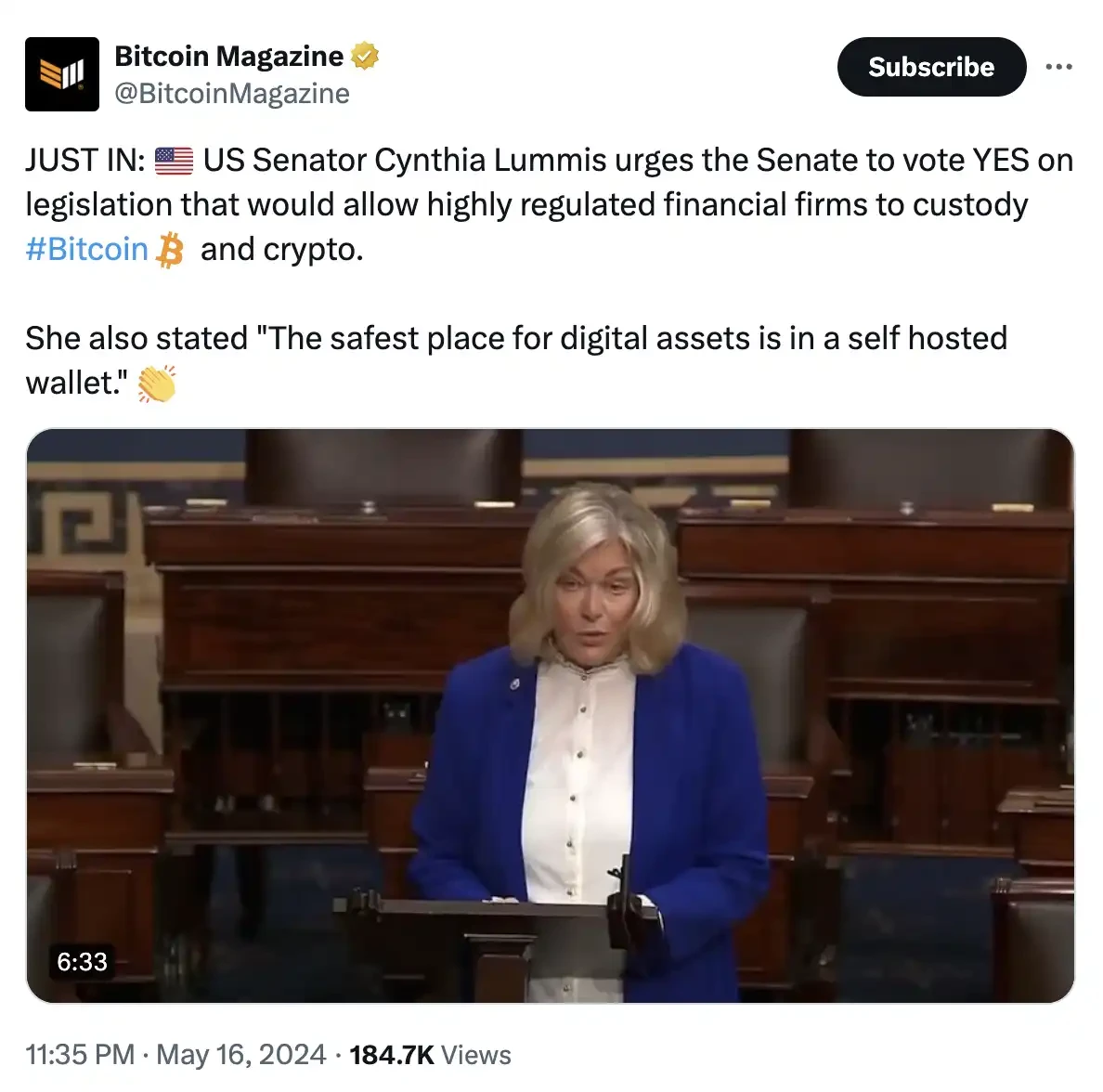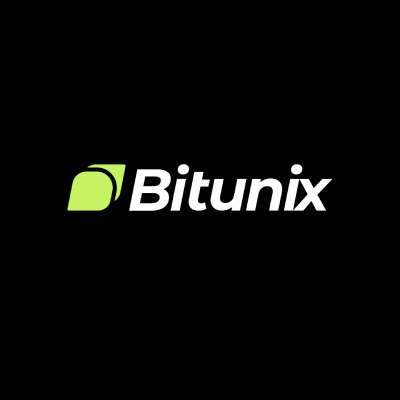Original title: SENATE PASSES BILL TO OVERTURN SEC RULE ON BITCOIN AND CRYPTO CUSTODY, BIDEN THREATENS VETO
Original article by Nik Hoffman, Bitcoin Magazine
Original translation: shushu, BlockBeats
Today, the Senate passed HJRes 109, which would overturn SEC Staff Accounting Bulletin (SAB) No. 121, preventing heavily regulated financial firms from custodial custody of Bitcoin and other cryptocurrencies. The bill passed by a vote of 60 to 38, indicating bipartisan support for the measure.

SAB 121 imposes strict restrictions on financial institutions, prohibiting them from acting as custodians for digital assets such as Bitcoin. Pursuant to the Congressional Review Act, HJRes 109 seeks to remove these barriers, thereby enabling strictly regulated financial firms to provide custody services for Bitcoin and other cryptocurrencies.
However, the White House has made its position on the legislation clear. A recent statement stressed that if the bill reaches President Biden’s desk, he will veto it. The administration believes that overturning SAB 121 will disrupt the SEC’s work to protect investors in the crypto asset markets and the broader financial system.
However, supporters of HJRes 109 believe that overturning SAB 121 is essential to protect American consumers. Much of this stems from a number of spot Bitcoin ETFs that the SEC approved for trading earlier this year. Most of these Bitcoins are held by a small number of institutions, which poses a concentration risk. HJRes 109 aims to remove barriers and allow more strictly regulated institutions to custody and hold Bitcoin on behalf of their clients, thereby helping to alleviate centralization concerns.
Critics of SEC SAB 121 argue that the rule is overly restrictive and hinders the ability of financial institutions to meet the growing demand for Bitcoin services. They argue that regulated institutions are well-equipped to address the risks associated with digital asset custody given their existing compliance frameworks and security protocols.
Senator Cynthia Lummis, an active Bitcoin advocate, supported and urged the overturning of SAB 121 earlier today, stressing that “SAB 21 is a rule under the Administrative Procedure Act disguised as accounting guidance, and it was issued by the SEC staff without the approval of a majority of the Commission.”

However, Senator Elizabeth Warren urged the Senate to align with the Biden administration and vote against it, saying it is a completely different asset class than what banks and other regulated financial institutions are used to. She said it is a completely different asset class than what banks and other regulated financial institutions are used to. Digital assets are not physical objects that banks can store in vaults, they are entirely online, so it is something that can be hacked, citing the hacks of crypto exchanges Binance and FTX as evidence.

Despite Senate approval, the future of HJRes. 109 remains uncertain due to the president’s threatened veto. If President Biden follows through on his promise, this would halt the resolution’s progress, maintaining the status quo for financial institutions to custody digital assets. Biden can choose to sign, veto, or do nothing. If he chooses to do nothing, the bill will go into effect without his signature.
Fox Business News reporter Eleanor Terrett commented on the news, saying: The Senate has voted to overturn SAB 121, and we all know that the president said last week that he planned to veto the bill. If this is the case, it means that the Senate and the House of Representatives are back to square one, and both the Senate and the House of Representatives need a 2/3 majority vote to override a veto.
This article is sourced from the internet: Senate passes bill to overturn SECs SAB 121, cryptocurrency custody restrictions may see a turnaround
相关:SignalPlus宏观分析(20240426):美国一季度GDP大幅低于预期
纽约交易时段,多项不友好的经济数据影响风险情绪。美国一季度GDP仅增长1.6%,远低于四季度的3.4%。其中,个人消费增速从3.3%降至2.5%,商品支出从3.0%降至-0.4%。库存(-0.3%)、净出口(-0.86%)和联邦政府支出(-0.2%)均拖累一季度增长。与此同时,平减指数不合时宜地跃升至3.1%(vs.前值为1.6%),为2023年第二季度以来的最高水平,本土需求是唯一亮点,增长了3.1%。与此同时,一季度核心PCE物价指数增速大幅跃升至…







